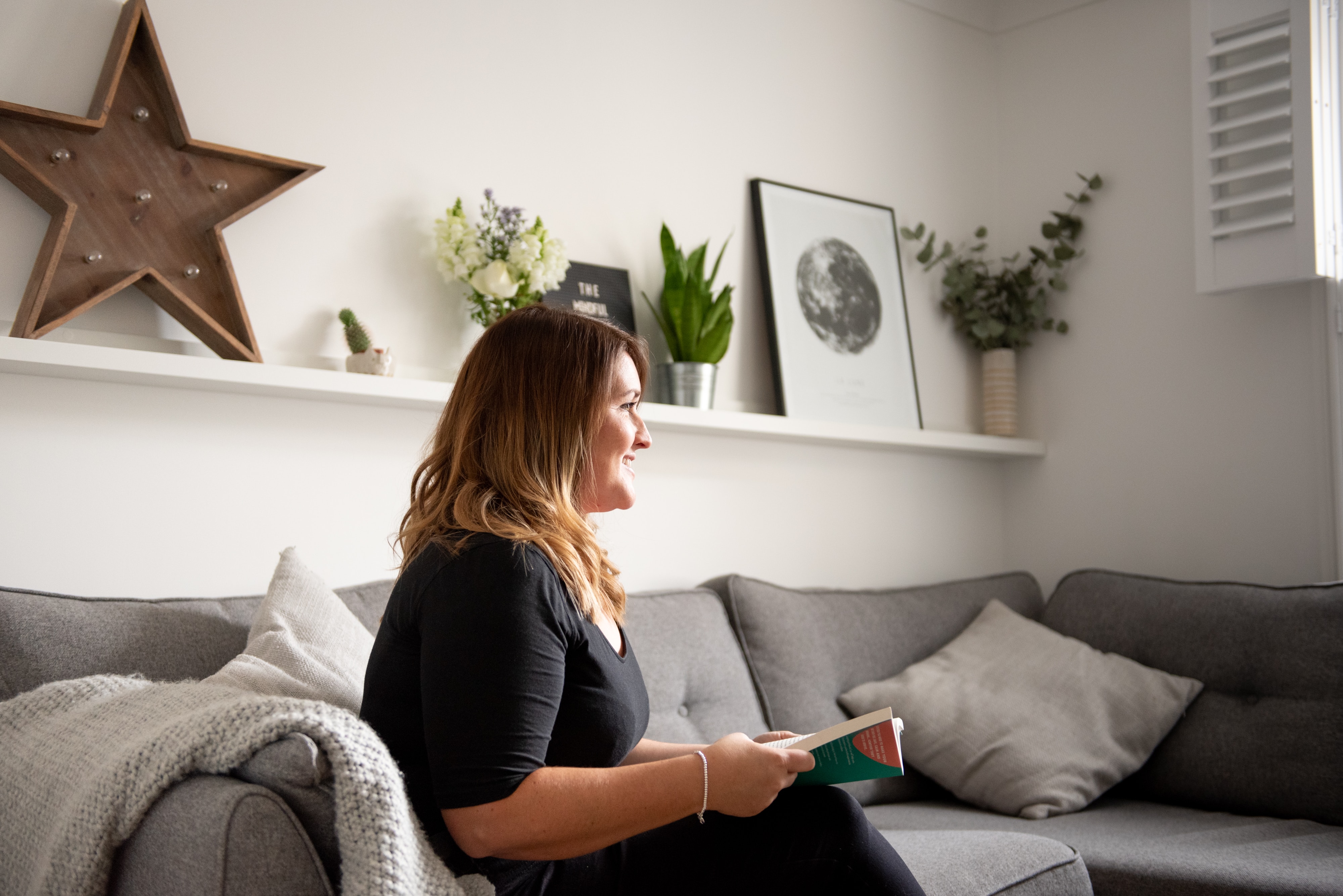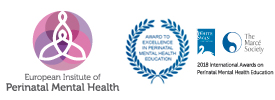 A systematic review and narrative synthesis of fourteen studies conducted in Australia, Canada, Germany, New Zealand, UK and USA, published in the last issue of Archives of Women’s Mental Health, focuses on women’s views on the acceptability of and satisfaction with non-pharmacological interventions to reduce the symptoms of anxiety in pregnant women.
A systematic review and narrative synthesis of fourteen studies conducted in Australia, Canada, Germany, New Zealand, UK and USA, published in the last issue of Archives of Women’s Mental Health, focuses on women’s views on the acceptability of and satisfaction with non-pharmacological interventions to reduce the symptoms of anxiety in pregnant women.
Studies included women from general antenatal populations and women with anxiety or depression symptoms or risk factors for anxiety or depression.
These diverse studies assessed interventions like cognitive behavioral therapy, mindfulness, yoga, psychological assessment and supportive and educational based interventions. Non-pharmacological interventions were classified as (1) psychological, (2) mind-body, (3) educational and (4) supportive interventions.
This variety of interventions, plus the small number of studies evaluating different types of interventions using various study methods, mean that evidence-based findings are limited and these strategies require further evaluation. However, women’s views on the acceptability of and satisfaction with interventions were overwhelmingly positive.
Women assessed as vulnerable or at risk of developing anxiety and depression initially felt uncomfortable attending group sessions and feared judgement or disapproval from the group. Women with elevated anxiety and depression scores and women with complex social factors tended to drop out of the studies earlier, and therefore are a group that need special support.
Women who participated in psychological or mind-body interventions reported an overall satisfaction and described interventions as enjoyable, valuable and beneficial. Group interventions received positive comments, women were able to discuss their thoughts and experiences which they had found difficult to discuss with professionals or their family. Groups provided a supportive environment where they could make friends, knowing that others had similar thoughts and experiences helped women develop an acceptance of their feelings and feel less isolated
Some women felt they had derived benefit from learning practical breathing techniques and developing an ability to reflect on their thoughts and emotions. Women said that exercises such as the body scan (being aware of different areas of the body) had helped them to sleep better.
Some participants in the studies of mindfulness and CBT interventions reported a greater understanding of the causes of stress and anxiety in their lives and greater self-awareness of their thought patterns. This helped them respond in a more positive way to situations and feelings, before negative thought patterns could escalate. For some women, learning to recognize their feelings helped them to accept their anxious thoughts. Rather than becoming annoyed or frustrated, they had learned to be kinder to themselves and felt more confident and positive about the future.
Developing an awareness of the causes of anxiety and the ability to reflect on thoughts and emotions was reported as beneficial by women across all categories of interventions.
This is important data for those healthcare providers that work in a perinatal setting, as it gives insights into non-pharmacological, satisfactory interventions to reduce the symptoms of mild to moderate anxiety in pregnant women.
Read complete article here.
Evans, K., Spiby, H. & Morrell, J.C. Non-pharmacological interventions to reduce the symptoms of mild to moderate anxiety in pregnant women. A systematic review and narrative synthesis of women’s views on the acceptability of and satisfaction with interventions. Arch Womens Ment Health 23, 11–28 (2020). https://doi.org/10.1007/s00737-018-0936-9







